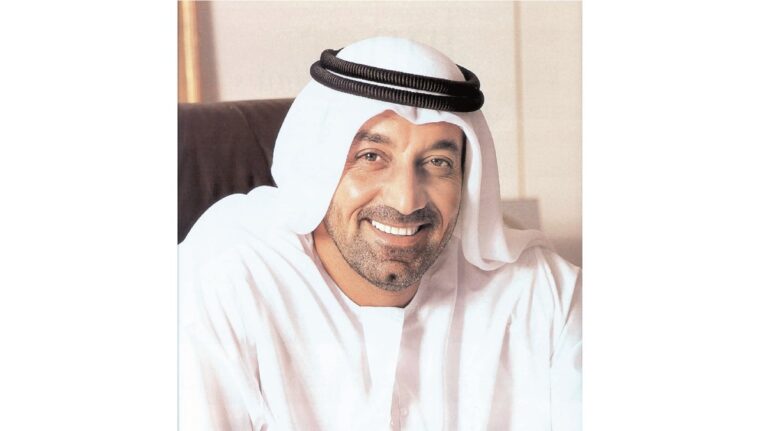H.H. Sheikh Ahmed bin Saeed Al Maktoum, Chairman of the Dubai Supreme Council of Energy, has issued Directive No. 1 of 2024 to update the Dubai Demand Side Management Strategy 2050 (DSM Strategy 2050).
The move is in line with the vision and directives of His Highness Sheikh Mohammed bin Rashid Al Maktoum, Vice President, Prime Minister and Ruler of Dubai, to achieve comprehensive sustainable development in Dubai.
The updated DSM Strategy includes 12 programmes. These include Net Zero Ready – New Buildings; Building Retrofits; Commercial & Government Sectors Efficiency; Industrial Sector Efficiency; Outdoor Lighting; Efficient Cooling; Standards & Labels; Consumer Behaviour; Distributed Energy; Recycled Water Use & Efficiency; Efficient Mobility & Smart Charging; and Fuel & Engine Efficiency.
The entities involved in implementing the strategy include Dubai Electricity and Water Authority (DEWA), Dubai Municipality, Roads & Transport Authority, Dubai Economy & Tourism, Etihad Energy Services, Regulatory and Supervisory Bureau for Electricity and Water, Ministry of Industry and Advanced Technology, Dubai Free Zones Council, and other government and private-sector entities.
The Dubai Supreme Council of Energy (DSCE) has been implementing the Dubai Demand Side Management Strategy since 2013 in collaboration with related organisations.
The DSM Strategy aligns with the UAE Net Zero Strategy 2050, the UAE National Energy and Water Demand Side Management Programme 2050, the Dubai Clean Energy Strategy 2050, the Dubai Net Zero Carbon Emissions Strategy 2050 to provide 100% of Dubai’s total power capacity from clean energy sources by 2050, and the Dubai Economic Agenda D33, which aims to double Dubai’s GDP by 2033.
“In line with the vision of Sheikh Mohammed bin Rashid Al Maktoum to promote the green economy and sustainable development, the Dubai Supreme Council of Energy collaborates with government and private entities to implement the highest standards and mechanisms and best practices in demand side management. The Demand Side Management Strategy 2050 aims to establish Dubai as a global benchmark for energy efficiency by doubling efficiency improvements to achieve savings of at least 30% by 2030 and 50% by 2050 compared to business as usual in electricity, and water use as well as achieving significant savings in transport fuel consumption,” said Saeed Mohammed Al Tayer, Chairman of the Dubai Supreme Council of Energy.
Ahmed Buti Al Mehairbi, Secretary-General of the Dubai Supreme Council of Energy, said that the Demand Side Management Strategy 2050 focuses on seven Implementing Mechanisms: Policies and Regulations; Data and M&V; Government Support and Leadership; Awareness and Recognition; Financing; R&D and Innovation; and Freezone Alignment and Collaboration.
It aims to contribute to achieving electricity savings of at least 86.8 Terawatt Hours (TWh) and water savings of at least 383.2 Billion Imperial Gallons (BIG) by 2050 compared to 2023 updated business as usual (BAU) and transport fuel consumption savings of at least 1,757 million litres by 2050 compared to 2013 BAU as the base year.
WAM



